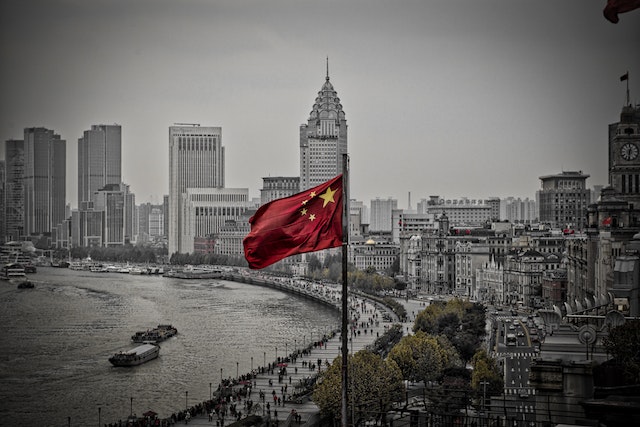China's parliament votes on a new cabinet and state reform agenda

An agenda released last Saturday indicated that the Chinese legislature will vote in the coming days on a proposal to overhaul the State Council, or cabinet, and choose a new cabinet for the next five years, including a new premier.
According to parliament spokesperson Wang Chao, the annual National People's Congress (NPC) would also consider a number of reports, including the government work report of the current premier.
The summit, which began on March 5, would also discuss draft modifications to the country's Legislative Law, which controls how legislation is passed.
The almost 3,000 members of the mostly rubber-stamp parliament will elect and support a new slate of senior government officials during the second part of the NPC, which continues through March 13.
When lawmakers cast their ballots on March 10, it is largely anticipated that Xi Jinping will be elected to a third five-year term as president.
Last week, he reiterated his demands for an "intense" reorganization of Communist Party and government organizations, saying that the reform proposal's section on state institutions will be laid before parliament.
On March 10, lawmakers must also decide whether to approve the State Council's proposal to overhaul institutions.
The need for institutional changes follows China's economy expanding at only 3% last year, one of the lowest rates in almost 50 years, as a result of stringent COVID-19 restrictions supported by Xi but were later removed in December.
The official 2023 economic growth goal is made public in Premier Li Keqiang's government work report, presented at the commencement of parliament.
According to sources speaking to Reuters, the gross domestic product (GDP) goal might be as high as 6%, up from a 4.5 percent to 5.5 percent range suggested in November.
The parliament will choose a new prime minister for the next five years on March 11. A new group of vice premiers, state council members, ministries, and the governor of the People's Bank of China will be chosen the next day.
A proposal that would enable the NPC Standing Committee to approve legislation in the case of an "emergency" with only one review is one of the revisions to China's Legislative Law that will be discussed at the meeting.
The committee, which enacts and alters legislation while parliament is not in session, agreed in June 2020 to establish major measures on national security in Hong Kong. After two hearings, such a measure was submitted to the vote.
Lawmakers will vote on the proposed modifications to the Legislative Law on March 13.






























